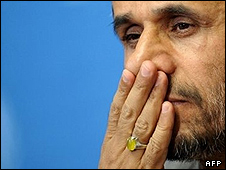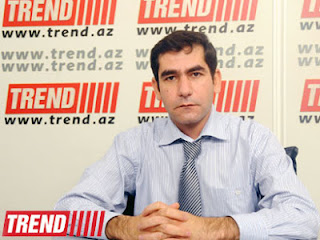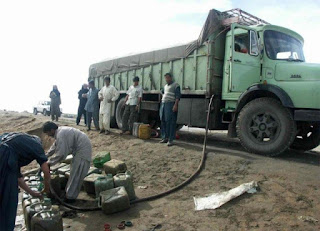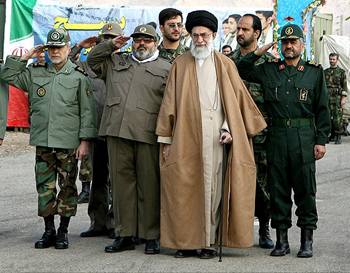Ahmadinejad’s secret lists

Iranian president's famous slang words during the presidential elections in 2005 were fighting against monopoly, corruption and putting petrodollars on people's tables. He claimed as having a list of "a major corruption list" in his pocket and has repeated this claim several times so far without revealing any report or submitting the list to the Judiciary System. Now, after seven and a half years under his two term presidency, Ahmadinejad said during a live interview on state TV on Dec.22, that 60 per cent of the country's financial assets are in the hands of 300 people, who got a huge amount in loans from banks and deny paying off their debts because they enjoy "hidden hands of support". Now, Iran's Prosecutor General Gholamhossein Mohseni Ejei said on Tuesday that the Judiciary System has three times requested from Ahmadinejad the list of those who have above 10 billion rials in value delayed loads to the banks, but Ahmadinejad hasn'














